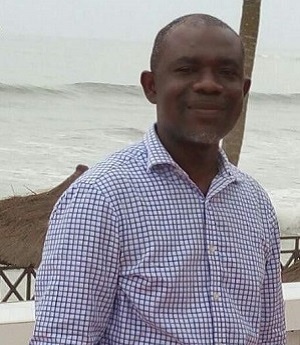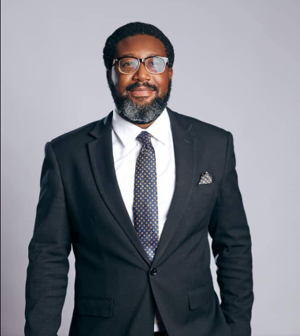Mr Franklin Wilson Bodza, Programmes Manager for Governance at Women in Law and Development Africa (WiLDAF-Ghana) has stressed the need for renewed commitment and attitudinal change towards achieving gender equality in Ghana.
Consequently, he has proposed that strategies and initiatives designed to increase awareness and to change attitudes and behaviours must be put in place in order to promote greater gender equality.
Mr Bodza made the call at a durbar held to commemorate this years’ International Women’s Day celebration at Breama Asikuma in the Asikuma Odobem Brakwa District of the Central Region.
The event organised by CARE International, Ghana at Breman Asikuma was on the theme “Pressing for progress: the role of men in women’s development.
“The assurance is that the progress that we seek is already in progress, however, there is the need for attitudinal change, changing the way we relate to women, erasing the negative perceptions we have carried about our women and changing the way we do things,” he stated.
Mr Bodza said for a desired progressive nation and progressive world, men had to stand up against the injustice and violence perpetuated against women, protest job inequalities and the inhuman treatment meted out to them.
“The progress we aspire for must link up with men moving side-by-side with women. We take a step with our women, we take decisions with them, we plan with our women and execute with our women”.
According to him, pressing for progress meant, maintaining gender parity, changing stereotyping and bias against women, forging positive visibility of women, influencing other’s belief and actions positively and celebrating women’s achievement.
He noted that progressive actions taken in the past had helped improved school enrolment for girls but called for conscious efforts to retain them in school by reducing teenage pregnancy.
The Country Director of CARE International, Ambassador Elkanah Odembo, noted that there were some institutional and socio-cultural barriers to women’s empowerment in Ghana and as a result women were not able to enjoy a dignified life.
He therefore called on the Government to pass into law the Gender Equality and Affirmative Action Bill to protect women from violence and harmful practices.
He re-affirmed Care’s commitment to support the attainment of zero discrimination against women and increase opportunity for them.
Dr Theophilous Nkansah, Project Manager for Cocoa Sustainability Initiative, said though women contributed about 70 per cent in the agricultural value chain, most of them were not productive as men, due to existing inequalities in accessing farm inputs as well as other socio-cultural practices.
He emphasised that mobilizing women, equipping them with soft skills and creating economic opportunities was a surety to bridging the unequal power relations to help defeat social structures that discriminate against women.
Earlier in the day, hundreds of women marched through the Asikuma town amidst brassband music with placards depicting their expectations, some of which read, "treat women equally, men should stand by women and equal rights for women".
General News of Tuesday, 13 March 2018
Source: ghananewsagency.org













